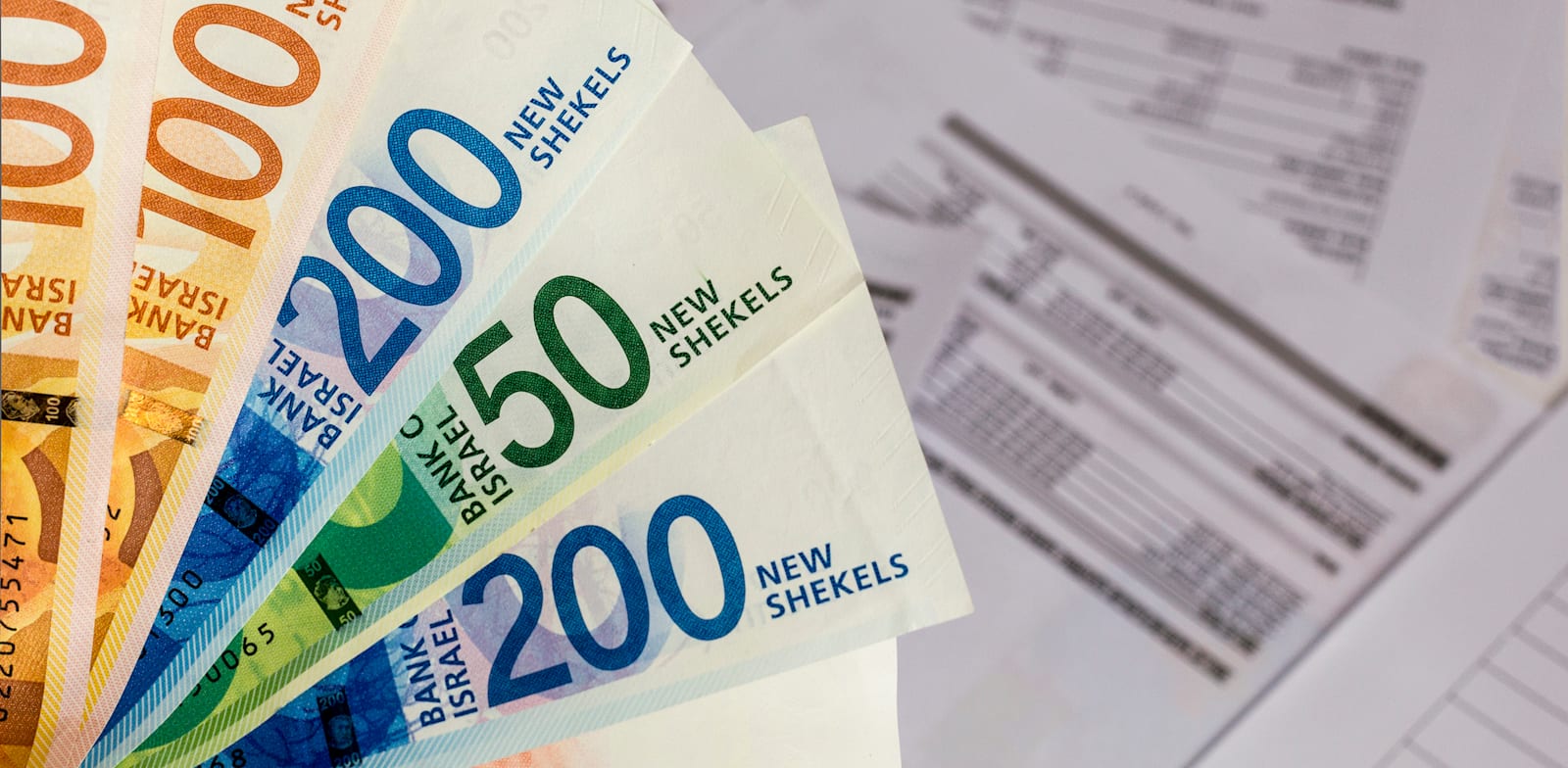According to a new survey by brokerage Charles Schwab, 57% of U.S. 401(k) plan participants admitted that inflation is a top obstacle to enjoying a comfortable retirement. The survey also found that only 34% of participants believe they’ll achieve their savings goals, which is down from 43% in 2024. The survey also revealed that, on average, American employees expect to retire at the age of 66. Most believe that they will need $1.6 million saved, and they estimate that this amount will last them 22 years in retirement.
Check Out: Here’s How Much You Need To Retire With a $100K Lifestyle
Read More: How Much Money Is Needed To Be Considered Middle Class in Your State?
While a retirement number is a personal figure, GOBankingRates spoke with someone who’s retiring a millionaire to find out some things they wish they had done in their 40s to better prepare themselves financially for retirement. Richard Robbins is an entrepreneur and co-founder of RobbinsAthletics.com, a family-owned business that he operates with his wife and his oldest children. He has around $2 million in the bank, but there are financial moves that he wishes he had made earlier.
As he approaches his golden years, Robbins shared what he wishes he had known in his 40s about retirement to help him accelerate the process.
I’m a Wealth Coach: 4 Ways To Build a Resilient Retirement Portfolio in 2025
Robbins noted that he currently has about $2 million in retirement savings, but admitted that number sounds bigger than it feels. He noted that raising kids and having dependents is expensive. He added, “Between competitive sports, music lessons, and looking ahead to weddings, college, and the daily cost of feeding an army, money flows out the door faster than most people would believe.”
Suppose you’re in your 40s with young children. In that case, you may want to consider major expenses that you’ll have to factor in when they get older, especially if your retirement coincides with significant milestones.
“Having a couple of million doesn’t mean you have an infinite supply of wealth; it means you have to be even more intentional about how you deploy it,” remarked Robbins. If you’re in your 40s, you’ll want to remember that retiring with a few million dollars may not be enough because you could have expenses pop up, ranging from living arrangements for yourself to family obligations. You may want to work with a financial planner who can help you run the numbers to determine how much you should be investing.
“Looking back at my 40s, I wish I had been more disciplined with investments instead of assuming I had time to catch up later.” Robbins regrets putting off investing for retirement because the earlier you start, the more time you have for compound interest to work in your favor. You want to do your best to make your retirement contributions in your 40s, because you don’t want to miss out on potential returns that you could’ve accumulated over your 50s and 60s.
Robbins also wishes he had pushed the accelerator harder when opportunities arose in his businesses, rather than coasting or selling too early under the illusion he was ready to retire. While you don’t want to take unnecessary risks in your 40s since your time horizon is shorter, you still want to ensure your funds are working for you to help build up a sizable nest egg.
Robbins regrets not planning for inflation more effectively and hedging more aggressively. He believes investing a larger portion in gold and silver would have provided him with a more substantial buffer against the erosion of purchasing power. He stressed that your retirement number is very different when you’re supporting a family with ever-growing expenses, so you can’t ignore planning accordingly.
Robbins concluded with advice to anyone in their 40s: “Don’t underestimate how fast costs rise with age, and don’t sell yourself short on what your earning years can still produce if you stay focused.”
GOBankingRates consulted with a retirement expert about what people can do in their 40s to ensure a successful retirement.
“Our industry loves to tout the 4% rule of thumb, which suggests you can safely withdraw 4% of your retirement nest egg each year without running out of money,” remarked Jeff Herman, an investment advisor and the founder of The Jeffrey Group. “With a potential 30-year retirement ahead and inflation running at an estimated 3%, if your desired lifestyle, your dream retirement, involves more than just Netflix and chill — think world travel with the grandchildren, fine dining, and those bucket list golf retreats — you might need to aim slightly higher by getting creative.”
Herman believes the traditional 4% rule may not be sufficient for retirement, so if you’re in your 40s, you’ll want to take aggressive action with your savings and investments to ensure you’re prepared for a long and comfortable retirement.
“Savers need to consider that generating a consistent income stream in retirement is more important than portfolio growth,” remarked Herman. “For a portion of your investment dollars, consider the income it might produce. It may sound unconventional, but what if you invested in stocks, real estate or a private company and only lived off the dividend or distribution?”
The harsh reality is that saving a few million dollars for retirement may not be enough if you have a young family and if inflation continues to be a concern. While it’s challenging to share a one-size-fits-all retirement number, you want to do whatever you can to plan accordingly in your 40s so you’re not trying to catch up in your 50s and 60s with your retirement planning.
More From GOBankingRates
This article originally appeared on GOBankingRates.com: 5 Retirement Lessons I Wish I Knew in My 40s, From a Multimillionaire






















